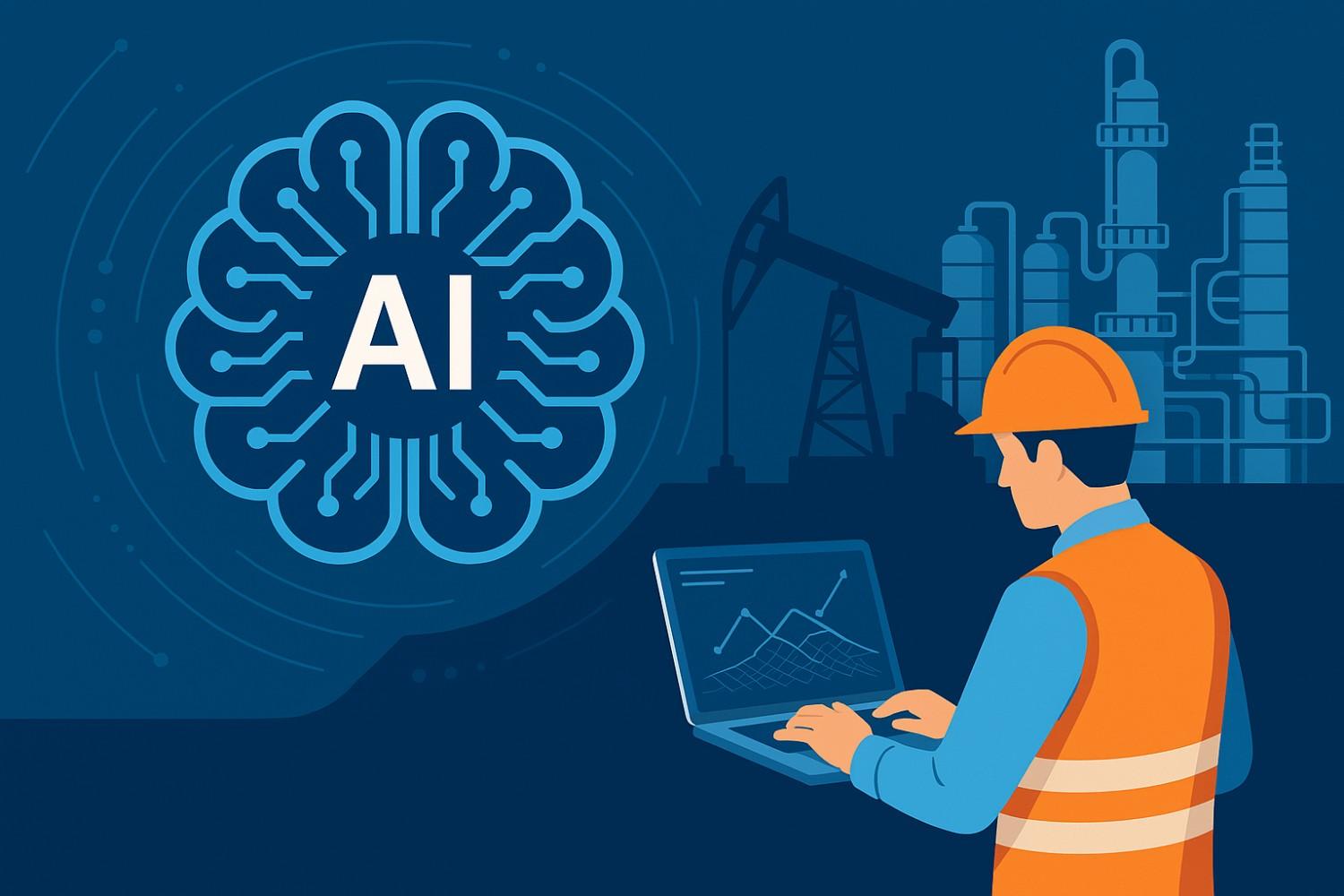Introduction
The global energy sector is experiencing a major transformation. As nations strive to meet decarbonization targets, digital transformation in energy becomes a critical driver of safety, reliability, and efficiency.
By integrating digital technologies, energy systems can enhance grid management, reduce emissions, and improve resilience. This shift is not solely about efficiency; it is about protecting infrastructures, economies, and communities during this pivotal transition.
The Safety Imperative in a Digital Energy Transition
Ensuring safety is crucial as the energy sector adopts digitalization. The transition introduces new complexities with decentralized energy sources and dynamic grids.
Digital transformation in energy enables real-time monitoring, predictive maintenance, and rapid response mechanisms, reducing vulnerabilities across the supply chain. The industry can proactively address potential hazards by utilizing digital tools, ensuring a secure and stable energy supply.
Key Digital Technologies Enhancing Energy Safety
Advancements in technology are central to enhancing safety within the energy sector. Several digital innovations play a key role in this effort.
Smart Grid Systems and Real-Time Monitoring
Smart grids utilize sensors and advanced analytics to monitor energy flow continuously. This real-time data collection allows for immediate identification of faults, efficient energy distribution, and load balancing. Implementing smart grids as part of the digital transformation in energy reduces the risk of outages and enhances system reliability.
Building Efficiency and Emissions Tracking
Digital tools in buildings, such as smart meters and AI-driven systems, track energy consumption and emissions. These technologies enable precise monitoring and optimization of energy use, contributing to sustainability goals.
Digital transformation in the renewable energy sector benefits from these tools, which ensure that energy consumption aligns with environmental objectives.
Decentralized, Digital-First Energy Systems
Decentralized energy systems, managed through digital platforms, offer resilience and flexibility. These systems can operate independently by integrating renewable energy sources like solar and wind, providing stability during broader grid disruptions. This approach exemplifies the digitalization of energy, promoting localized energy solutions.
AI-Driven Predictive Maintenance in Renewable Infrastructure
Artificial Intelligence (AI) plays a pivotal role in maintaining renewable energy infrastructure. By analyzing data from equipment like wind turbines and solar panels, AI predicts potential failures, allowing for timely maintenance. This proactive approach, a facet of the digital transformation in renewable energy, ensures continuous and safe energy production.
To further strengthen operational safeguards, organizations can adopt specialized Process Safety Services that support safe implementation of digital technologies in energy systems.
The Power of AI and Blockchain in Energy Safety and Optimization
Beyond operational tools, AI and blockchain technologies offer strategic advantages in optimizing energy systems and ensuring safety.
AI for Energy Forecasting and Grid Stability
AI algorithms analyze vast datasets to forecast energy demand and supply accurately. This predictive capability is vital for integrating renewable energy sources into the grid, maintaining balance, and preventing overloads. The application of AI in this context is a significant aspect of the digital energy transition.
Blockchain for Transparent Energy Trading and Carbon Tracking
Blockchain technology offers a secure and transparent platform for energy trading and carbon emission tracking. By recording transactions and emissions data immutably, blockchain enhances trust and accountability in energy markets. This innovation supports the broader goals of energy digitalization.
Digital Assets and Token-Based Incentives
The energy sector is exploring digital assets and token-based systems to incentivize sustainable practices. Consumers and producers can earn tokens for engaging in environmentally friendly activities, promoting a culture of sustainability. This initiative aligns with the principles of the digital transformation in energy.
Enhancing Public Infrastructure Through Digitalization
Digital technologies extend their benefits beyond the energy sector, enhancing the safety and efficiency of public infrastructure.
Public Transport Safety and Emission Reduction
Implementing digital solutions in public transportation enhances safety and reduces emissions. Real-time tracking, automated systems, and data analytics optimize routes and maintenance schedules, leading to safer and more efficient transit systems. These improvements are part of the broader digitalization of energy in public services.
Climate-Resilient Agriculture Through IoT and AI
In agriculture, Internet of Things (IoT) devices and AI analyze environmental data to optimize resource use and predict weather patterns. This technology enables farmers to make crucial decisions, increasing resilience to climate change. The integration of digital tools in agriculture reflects the expanding scope of the digital transformation in renewable energy.
Challenges and Considerations in Digital Energy Systems
While digital technologies offer numerous benefits, they also present obstacles that must be addressed to ensure a secure and ethical energy transition.
Data Privacy and Cybersecurity in Critical Infrastructure
The increased connectivity in energy systems raises concerns about data privacy and cybersecurity. Protecting sensitive information and securing infrastructure against cyber threats are critical components of the digital energy transition. Implementing robust security measures is essential to maintain trust and system integrity.
Ethical and Environmental Concerns in Digital Expansion
The production and disposal of digital technologies can pose significant environmental challenges. Beyond the physical impact, ethical concerns surrounding data use and access also need to be carefully considered.
To ensure that the digital transformation in energy is responsible and sustainable, it is essential to implement careful planning and regulation. This approach will help mitigate both environmental and ethical risks while promoting a balanced and equitable energy transition.
Integrated Sustainability Energy Solutions are helping utilities leverage digital technologies to ensure both operational safety and environmental responsibility during the energy transition.
Conclusion
Digital technologies are integral to advancing a safe and sustainable energy transition. From smart grids to AI-driven maintenance and blockchain applications, these innovations enhance system reliability and efficiency.
By addressing the associated challenges proactively, the energy sector can harness the full potential of digitalization, ensuring a secure and environmentally responsible future.



